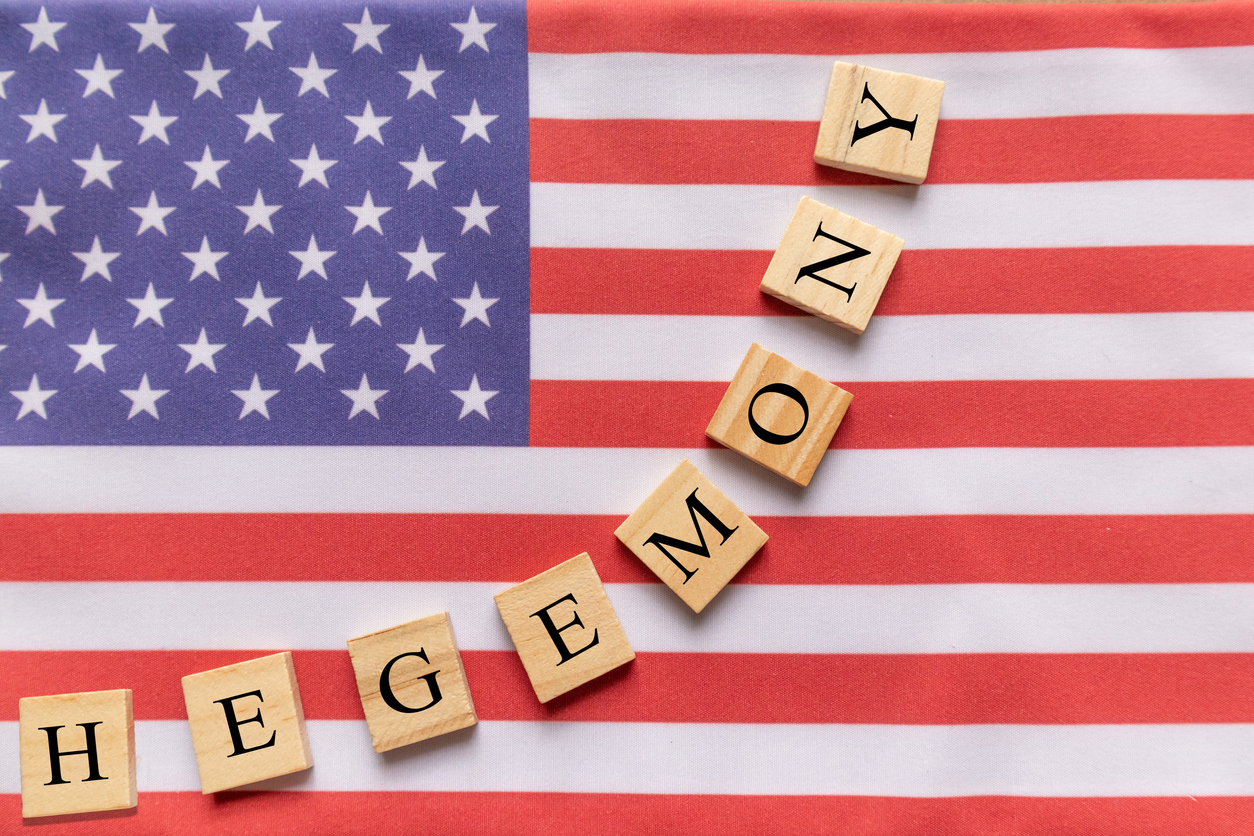
Though, since 1945, the US establishment thought it is like a guardian or first leader among the Western nations. But in reality, the circumstance of international politics is completely opposite. It is because other powers of the West, like France, Germany, the UK and Canada look the international relations differently, and they assume that they are also strong global powers. Though these countries have deeper cooperation with the US, they think they are very different, have enough things and the US should respect them importantly.
Many times since 1945, due to the US approach and policy blunders, other Western powers have challenged and questioned the US intention. These phenomena show that the West is not united as we think, and particularly because of the US behaviors, other nations react to US action.
The US President has attempted to act as a mediator between the Allies and the Middle East’s growing nationalism, as well as between the Kremlin’s rebellious states. Now, that strategy has failed. The Allies tried to strike out on their own in the Middle East as a result. A compromise policy meant to appease everyone is useless and will cost America a lot of money without giving her any power. Fundamentally speaking, influence rests less on what a nation says and more on what it is willing to do; American influence will be limited unless the Eisenhower tendency of backing out of international commitments is reversed. Then Western security can be maintained.
During his recent visit to the US, French President Emmanuel Macron had a love fest with his American counterpart Joe Biden. The “longstanding” friendship between the two nations was emphasized in the joint statement that was issued following their talks, which would seem to indicate that the earlier rupture has been repaired. Biden has made Macron an attractive proposition, making France prepared to appease the US. They addressed some pertinent issues in the joint statement, demonstrating their unity in addressing global “challenges.” This, however, cannot mask the growing transatlantic trust issue.
Donald Trump, a former US president, was calculated when dealing with European friends while yet pursuing the “America First” program blindly. Is the US still an ally of Europe? This once made the Europeans rethink their very existence. When Biden was elected, Americans’ allies in Europe couldn’t wait to show their support, and Biden made a public declaration that “America is back.” The good times did not last, however, as the Europeans were once more astounded by the US’ humiliating withdrawal from Afghanistan. What’s worse, the US forced Australia to create AUKUS, a trilateral security agreement with the US and the UK, after stealing Australia’s nuclear submarine order from France.
As a result of the US’s repeated “sacrifices” of Europeans, Europeans are becoming more and more determined to establish strategic independence. However, the start of the conflict between Russia and Ukraine rapidly destroyed Europeans’ motivation and capacity to pursue their strategic autonomy. The US’s embrace of Europe did not have the desired effect. Instead, Europeans are starting to question whether the US truly considers their interests as the Biden administration continues to implement policies that only serve US interests.
The demands of the US and Europe on how to resolve the Russia-Ukraine crisis are different. In order to weaken Russia, solidify the security vassal status of European nations, and increase NATO membership, the US wants to prolong the conflict. Russia, however, is a neighbor that cannot be removed from EU nations. They still want to leave some room for manoeuvre in relations between Russia and Europe, especially for the big Western European nations, and do not want the dispute to spiral out of hand.
When it comes to energy, the US has always seen the North Stream pipeline as a pain in its side. By constantly emphasizing the danger of Russia utilizing its energy for military purposes, the US was able to convince Europe and Russia to significantly “decouple” their oil and gas supplies. Europe is currently experiencing an energy and inflationary crisis as a result of Europe’s energy sanctions on Russia.
Speculations about the potential for a trade conflict between the US and Europe are growing. The US Inflation Reduction Act provides substantial incentives to US businesses. The United States will attract a lot of investments from Europe.
It will largely depend on Washington whether the unsuccessful interference in Egypt, whose defeat demonstrated how helpless Britain and France were without American support, will promote or deter European Union. It will happen if the United States actively promotes unity. However, further delays are unavoidable.
The financial standing of various European nations, but especially Britain’s, has been affected by the economic crisis brought on by the closure of the Suez Canal, which was made worse by Washington’s delay in setting up oil exports to Europe. And Britain won’t be able to experiment with economic union with Western Europe, which implies new risks for herself, until her economy has regained its stability.
This trade protection policy has greatly angered Europe. Biden admitted “glitches” in the statute during his meeting with Macron and suggested “tweaks” may be made to appease Washington’s friends. Many analysts, meanwhile, think it’s unlikely that Washington would make such changes.
The Western Alliance’s ties, which were established while the Cold War was at its height, have been weakening for more than two years. The emergence of a “third force” movement in Europe during this time coincided with Washington’s growing desire to distance itself from British and French overseas interests; the administration saw any association with “colonialism” as a liability in its efforts to boost the American prestige with the Afro-Asian community.
Alliances typically have the opposite effect until they develop and become stronger. The same is true for this one. The Alliance was also weakened by the fact that the same of the Eisenhower administration’s attitudes and decisions deeply troubled the U.S.’s European partners and made them feel less and less confident of America, even though the mitigation of Russian truculence and aggression after Stalin’s death made the need for Western unity appear less urgent.
Europeans are made aware that the US would pursue its economic isolation policy in order to preserve its hegemony and address domestic issues. The interests of Europe will ultimately be abandoned, since Europe will only be used for profit.
The US just wants to maintain its supremacy and hegemony. For it, the US uses an appeasement policy even within its own alliance. Slowly, European nations are becoming aware of the US intention, but as experts say it is not enough. Until and unless, these nations give ground for interference, the US will certainly continue its activities. The only alternative is that the allied friends should give tangible pressure on the US to respect them equally and acknowledge their dignity, sovereignty, and international posture.














